Search Fellows
Click on a Fellow below to view more information or create your own search.
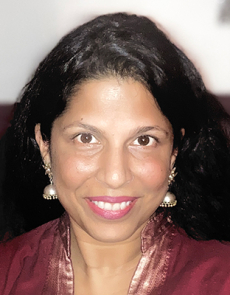
Sareeta Amrute
University of Washington
Visiting Scholar
2021 to 2022
Amrute will investigate how Asian Americans and Asian immigrant community organizations build solidarity both within their groups and with other communities involved in racial and social justice organizing. She will pay particular attention to how the Movement for Black Lives, violence against Asian communities during the COVID-19 pandemic, and transnational movements for healthcare, for farmers’ and workers’ rights, and against caste discrimination are woven through shared narratives of dissent.
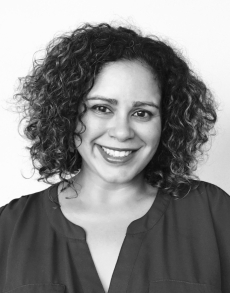
Yarimar Bonilla
Rutgers University
Visiting Scholar
2017 to 2018
Bonilla will explore the Puerto Rican statehood movement in the context of the territory’s current fiscal, economic, and social crisis. Using ethnographic, archival, and survey research, she will examine how Puerto Ricans on both the island and the mainland construct an identity as U.S. nationals. She will also study how they leverage that identity politically, and how they imagine their political future as U.S. citizens
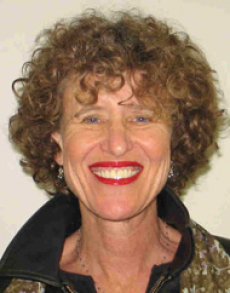
Carole H. Browner
University of California, Los Angeles
Visiting Scholar
1998 to 1999
Carole H. Browner, professor-in-residence in the departments of psychiatry and anthropology at the University of California, Los Angeles, is preparing a monograph on the social implications of fetal diagnostic technologies. Drawing on a decade of interviews and clinical observations, Browner will focus on the relative underusage of pre-natal procedures by recent immigrant and ethnic minority women. She will explore how cultural attitudes, the input of male partners, and the clinical counseling process itself affect these women's decisions to undergo testing.
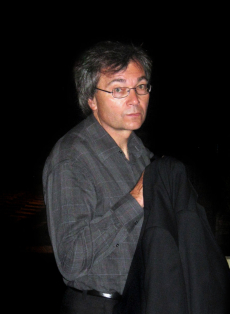
Thomas J. Csordas
Case Western Reserve University
Visiting Scholar
1996 to 1997
Thomas J. Csordas, professor of anthropology at Case Western Reserve University, analyzed data from a National Institute of Mental Health project on the social and health consequences of healing practices among Navajo Indians. His research aimed at understanding the ways in which ritual healing can be integrated into the formal health care system in dealing with depression, substance/alcohol abuse, and other health problems of the Navajo community.
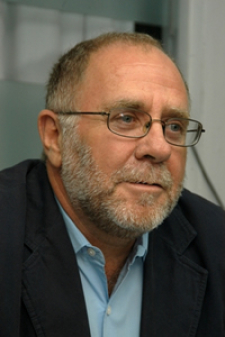
Jorge Durand
University of Guadalajara
Visiting Scholar
1999 to 2000
Jorge Durand, research professor of anthropology at the University of Guadalajara, will use the comprehensive survey data assembled by the Mexican Migration Project to test the hypothesis that the 1986 U.S. policy of border crackdowns and legalization drives transformed the nature of Mexican immigration to this country in ways the legislators never fully anticipated. Mexican immigration used to consist primarily of short-term, male workers shuttling back and forth across the border. After 1986, Mexican families came to settle here for good.
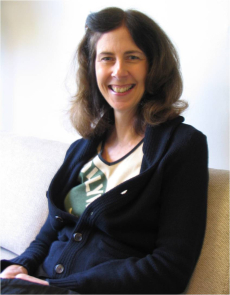
Jean Ensminger
California Institute of Technology
Visiting Scholar
2006 to 2007
Jean Ensminger, Professor of Anthropology at the California Institute of Technology, will write a book on the relationship between a society’s economic complexity and the altruism of its people, using data she collected from nomadic Kenyans and comparing them to urban Americans. Her work will explore how a person’s social network and access to information affects their willingness to trust others. She will also work on a project on the role that social and economic power play in changing social norms in a community.
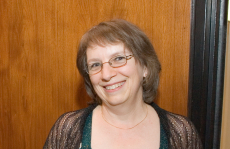
Katherine Pratt Ewing
Duke University
Visiting Scholar
2006 to 2007
Katherine Ewing, Associate Professor of Cultural Anthropology and Religion at Duke University, will write a book comparing young Muslim immigrants in two American and two German cities, examining how they handle differences between their culture of origin and life in liberal democratic societies. She will explore how these young Muslims form their identities and how their parents attempt to instill in them traditional Muslim social practices and gender roles that differ from American and German norms.
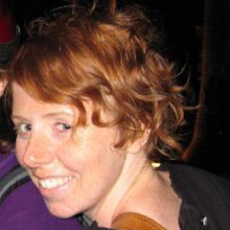
Catherine Fennell
Columbia University
Visiting Scholar
2012 to 2013
Fennell will complete a book that follows the transformation of a Chicago public housing complex into a mixed-income, racially diverse “new community.” She will also examine how legal arguments and public sentiments fixated on the decay of Chicago public housing have impacted its former residents’ pursuit of legal redress and political recognition.
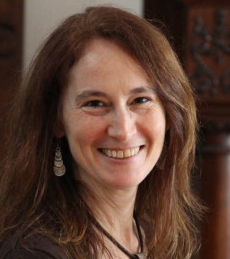
Rachel Heiman
The New School
Visiting Scholar
2006 to 2007
Rachel Heiman, Assistant Professor of Anthropology at The New School, will write a book on the middle class paradox of the 1990s: the dramatic escalation of what defines the suburban American dream at the same time that the possibilities of achieving the dream diminished. Based on fieldwork in a suburban New Jersey town, the book will address class anxiety in suburban America.
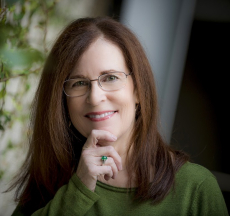
Janis Jenkins
Case Western Reserve University
Visiting Scholar
1996 to 1997
Janis Jenkins, associate professor in the Department of Anthropology and Psychiatry at Case Western Reserve University, worked on a project comparing how American families of Puerto Rican and European descent cope with chronic psychiatric illness. She is interested in specifying how social and living conditions in different family settings mediate the course and outcome of a major illness such as schizophrenia or a major depressive disorder.
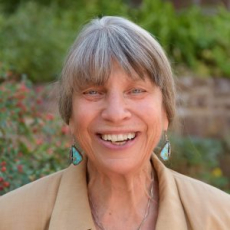
Louise Lamphere
University of New Mexico
Visiting Scholar
2001 to 2002
Louise Lamphere, the University Regents Professor of Anthropology at the University of New Mexico, will complete an extensive ethnography of the way managed care organizations (MCOs) have affected the delivery of health care to low-income Medicaid families from different cultural and ethnic groups. Lamphere will not only organize and present collaborative material garnered from the study but will contribute her own research on clerical and semi-professional staff working for health care providers in New Mexico.
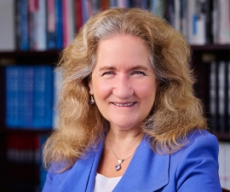
Katherine Newman
Columbia University
Visiting Scholar
1995 to 1996
Katherine S. Newman, professor of anthropology at Columbia University, and Carol B. Stack, professor, Graduate School of Education and Women's Studies, University of California, Berkeley, jointly worked on their project "Why Work?", an investigation of the role of minimum wage jobs in the survival of poverty-level families living in two major urban ghettos, New York City's Harlem and Oakland, California.
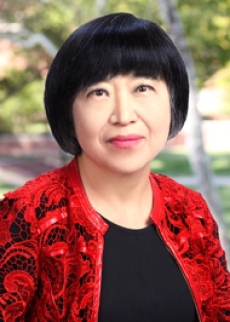
Kyeyoung Park
University of California, Los Angeles
Visiting Scholar
1997 to 1998
Kyeyoung Park, assistant professor of anthropology at the University of California, Los Angeles, explored ethnic and racial attitudes in Los Angeles in the wake of the 1992 Rodney King verdict and subsequent uprising. Her ethnographic work drew on a history of rapid economic and population shifts which created direct competition among ethnic groups for jobs, housing, and access to educational and health institutions.
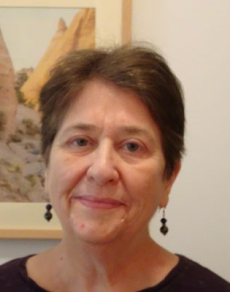
Lesley A. Sharp
Barnard College
Visiting Scholar
2003 to 2004
Lesley A. Sharp, associate professor of anthropology at Barnard College, will write a book about organ donation that examines the history and changing terms of social acceptance for transplant technology. Organ transplantation is considered one of the greatest medical miracles of the 20th century, yet Sharp's data reveal significant public distrust of the process.
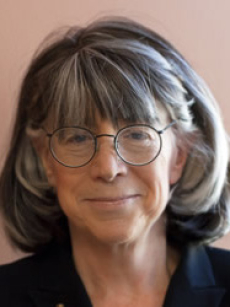
Susan Silbey
Massachusetts Institute of Technology
Visiting Scholar
2014 to 2015
Silbey will employ ten years of ethnographic research to write a book that examines the growing tension between federal law and laboratory science. She finds that new federal lab regulations and audits, often implemented in the name of safety, threaten the autonomy of scientific practice and establish precedents for the legal surveillance of similar innovation-based professions.
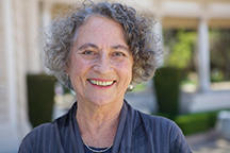
Carol B. Stack
University of California, Berkeley
Visiting Scholar
1995 to 1996
Carol B. Stack, professor Graduate School of Education and Women's Studies, University of California, Berkeley, and Katherine S. Newman, professor of anthropology at Columbia University, jointly worked on their project "Why Work?", an investigation of the role of minimum wage jobs in the survival of poverty-level families living in two major urban ghettos, New York City's Harlem and Oakland, California.
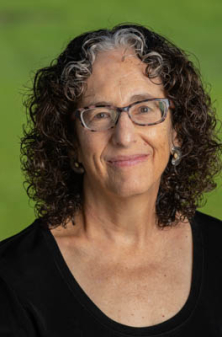
Claudia Strauss
Pitzer College
Visiting Scholar
2003 to 2004
Claudia Strauss, associate professor of anthropology at Pitzer College, will spend the fall semester at Russell Sage writing a book that examines the cultural assumptions and values that inform Americans' ideas of social justice. Relying on in-depth interviews with a racially and economically diverse sample from two Southern communities, Strauss will examine attitudes about immigration, sexual morality, and the government's role in providing social goods, such as food, housing, health care, welfare, higher education, and paid vacations.
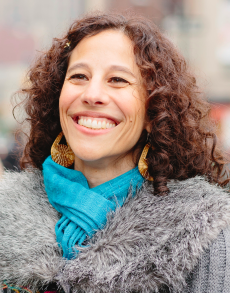
Miriam Ticktin
New School for Social Research
Visiting Scholar
2019 to 2020
Ticktin will investigate the resurgence of border walls as an anti-immigrant tool in the context of rising right-wing and nationalist populisms, concentrating on the proposed border wall between the U.S. and Mexico. Drawing from legal, historical, and ethnographic research, she will demonstrate how border walls paradoxically rely on transnational technologies, ideas, and economies.
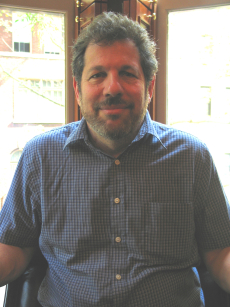
Joseph Tobin
Arizona State University
Visiting Scholar
2007 to 2008
Joseph Tobin, Nadine Mathis Basha Professor of Early Childhood Education at Arizona State University, will analyze and write up the results of “Children Crossing Borders,” an interdisciplinary study of preschools as one of the front lines in immigrants’ contact with the cultures of England, France, Germany, Italy, and the United States. The study looks at how preschool teachers and administrators have modified their practices to serve increasingly diverse populations.
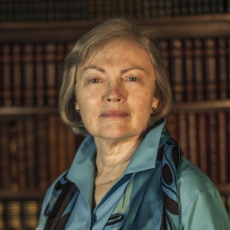
Katherine Verdery
University of Michigan
Visiting Scholar
2004 to 2005
Gail Kligman, Professor of Sociology at the University of California, Los Angeles, and Katherine Verdery, Eric R. Wolf Professor of Anthropology at the University of Michigan, will conduct a joint study of how a nation’s concept of property as being either private or public influences people’s sense of identity.
